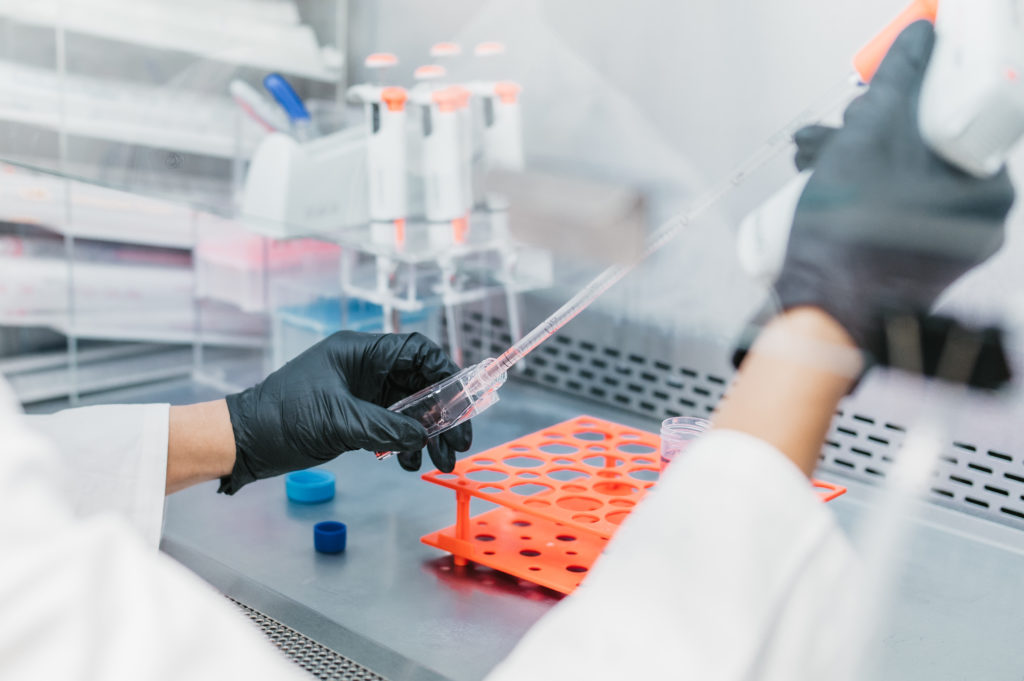
The jury’s still out on whether or not collagen supplements have any real benefits, but as an investigation links the industry to deforestation, an achievement from Jellatech may bring new opportunities to the booming category.
In a post shared on LinkedIn, the North Carolina-based biotech startup Jellatech announced it has created a fully functional human collagen made from a proprietary cell line.
‘An important step’
The announcement comes just eight months after the company debuted its cell-based bovine collagen. Human collagen is used in biomedical and clinical applications including tissue engineering, arthritis treatment, regenerative medicine, 3D bioprinting, and dermal fillers, among other applications.

“This milestone further demonstrates that our platform technology for efficiently producing high quality collagen is translatable across multiple cell types, which allows us to address a broad market need for collagen,” Rob Schutte, Jellatech’s head of science, said in the post.
Stephanie Michelsen, Jellatech’s founder and CEO, praised the achievement, calling it “an important step” in the company’s commitment to making a positive impact.
Collagen and deforestation
The announcement comes as a new investigation links the demand for collagen, a popular supplement purported to have wellness and beauty benefits, to deforestation in Brazil. Collagen is typically sourced from cows, but can also come from pigs and fish.
According to findings from the Guardian, Bureau of Investigative Journalism, Center for Climate Crime Analysis (CCCA), ITV and O Joio e O Trigo, collagen traced to the popular Jenifer Anniston-backed Vital Proteins brand owned by food giant Nestlé, is connected to Amazonian deforestation.

The investigation found tens of thousands of cattle raised for collagen production are on farms linked to tropical deforestation — an ongoing crisis contributing to climate change and biodiversity loss. Eighty percent of the Amazon’s deforestation is connected to the livestock industry.
The Guardian reports that, unlike beef, soy, and palm, among other food commodities bound to due diligence legislation over deforestation links, the collagen industry sits outside of these regulations and has no obligation to disclose connections.
Nestlé told the Guardian the allegations don’t align with its responsible sourcing commitments and it has taken steps to ensure its products are “deforestation-free” by 2025.
Despite the demand for animal collagen, research into its benefits is lacking. The Guardian reported that Harvard School of Public Health cautioned consumers over study findings as most “if not all” of the research has been funded by industry members or scientists affiliated with stakeholder brands.
Unbiased research, however, has pointed to the benefits of consuming collagen-building foods, rather than consuming collagen itself. Foods such as those rich in vitamin C, zinc, copper, silicon, and the amino acids lysine and proline, have all been linked to healthy collagen production.
The post Jellatech Debuts Cell-Based Human Collagen As Investigation Links Industry to Deforestation appeared first on Green Queen.
This post was originally published on Green Queen.